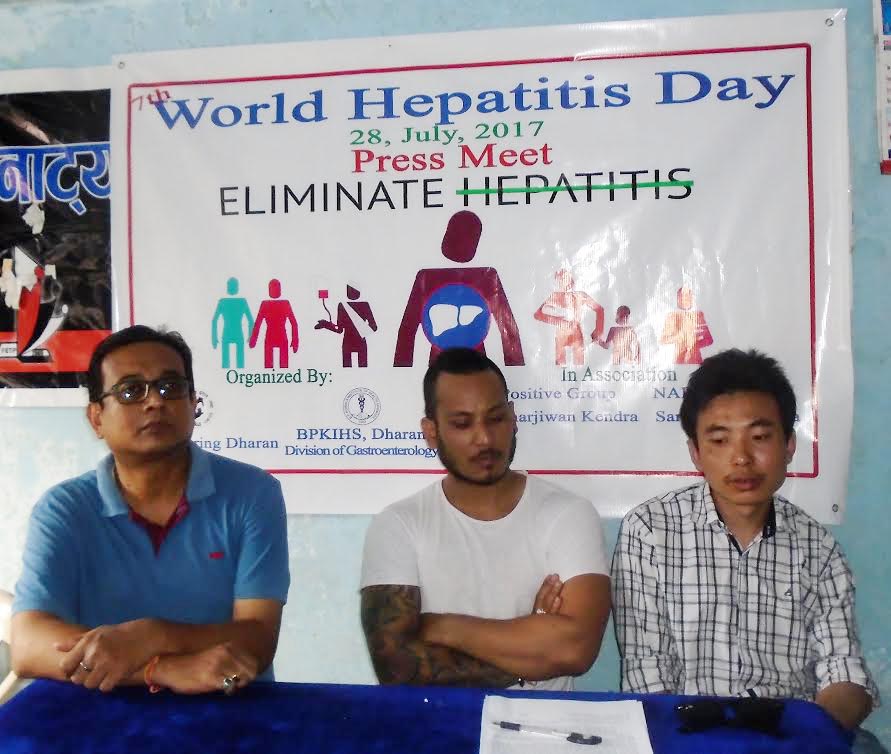WHO urges action for eliminating hepatitis
Kathmandu, July 29
Viral hepatitis is a major public health problem in the South-East Asia region, which also includes Nepal, and every person has a stake in controlling and eliminating it, said New Delhi-based World Health Organisation Regional Office for South-East Asia.
According to WHO, each year viral hepatitis infects millions of people across the region, causing the death of around 410,000 persons – more than HIV and malaria combined. It is also a major cause of liver cancer and cirrhosis, contributing to premature morbidity and mortality, and undermining economic growth and the push to achieve health and well-being for all.
Despite hepatitis’ outsized burden, it is estimated that just one in 10 people infected with the disease know their status. Many others remain unaware that effective treatments exist, or that preventive measures are available, from basic hygiene to the hepatitis B vaccine. Regrettably, stigma and discrimination against those suffering the disease remain common.
“To overcome these barriers and eliminate hepatitis as a public health threat by 2030, as per regional and global targets, enhanced awareness and understanding of how to prevent, treat and manage the disease is vital,” Dr Poonam Khetrapal Singh, WHO regional director for South-East Asia, said in a press release issued yesterday on the occasion of World Hepatitis Day.
“To achieve this, health authorities across the region can increase the prominence of hepatitis-related information and advocacy. Clear, concise and accurate messaging regarding how hepatitis infection can be prevented, what its signs and symptoms are and how it can be treated is essential to empowering people to take action,” she added.
WHO suggested that simple hygiene measures such as hand-washing and consumption of safe drinking water and hygienic food were powerful tools for preventing hepatitis A and E. Messaging targeted towards high-risk groups such as intravenous drug users and sex workers can meanwhile increase uptake of harm-reduction measures, while messaging aimed at political leaders and donors can highlight resource gaps and help obtain high-level buy-in.
It said health authorities can likewise expand the hepatitis-related knowledge and skills of health workers at all levels. From nurses and midwives to doctors and technicians, a clear understanding of viral hepatitis testing, treatment and care is needed. Clear directives on avoiding unnecessary injections can go a long way towards decreasing the hepatitis burden. So too can universal uptake of the hepatitis B birth dose vaccine when followed by two-three doses in the first six months of life.
“Beyond policy-level interventions, each of us can contribute to raising awareness and helping eliminate the disease in our own way. We can share our experiences of hepatitis infection openly, challenging social taboos. We can express solidarity with persons affected by hepatitis, creating a culture of empathy and care. And we can also take a moment to learn more about the disease, sharing that knowledge with our friends, colleagues and loved ones,” said Dr Kshetrapal Singh.






